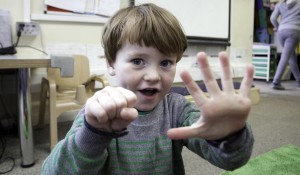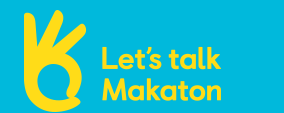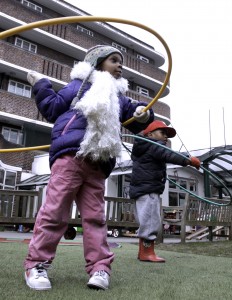The Easter break is fast approaching! While this is a joyous time (filled with guilt-free chocolate eating!) the change in routine can be hard for many children and young people with speech, language and communication needs (SLCN)
Changes in daily routine can be difficult, especially if we don’t really know why it’s changed or what’s coming. The concept of time, days and weeks can be tricky too, making it hard to predict when you’ll be back or school or not.
To help make the changes clear we are sharing Easter holiday calendars with our young people and parents. These will help our children and young people to understand what’s happening and feel more happy and calm about any changes.
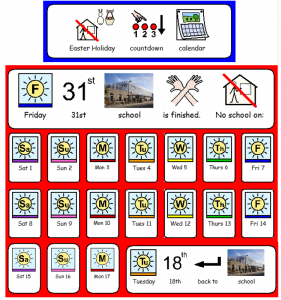
You can download these calendars here! One is designed for more independent students (Easter holiday calendar 2017- for more independent students), while the other is designed to be used with more parental support (Easter holiday calendar 2017- with parent support).
Look at the calendar in the days coming up to the break and talk about what will be different during the holidays, e.g. you won’t go to school, maybe you’ll go to the park, or away to see family. As each day passes, look at the calendar together and cross off the days as they go by. This will also help the child/ young person prepare for the return to school…we’d often all benefit from a calm count down to the dreaded return to work!
Happy Easter break everyone!
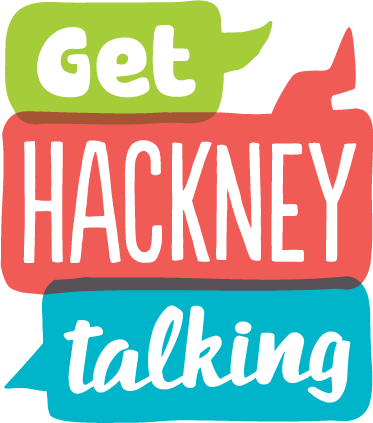
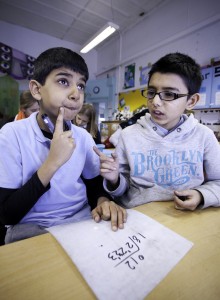 feel left out if you haven’t, as it’s probably the most common childhood condition that most people have never hear of.
feel left out if you haven’t, as it’s probably the most common childhood condition that most people have never hear of.